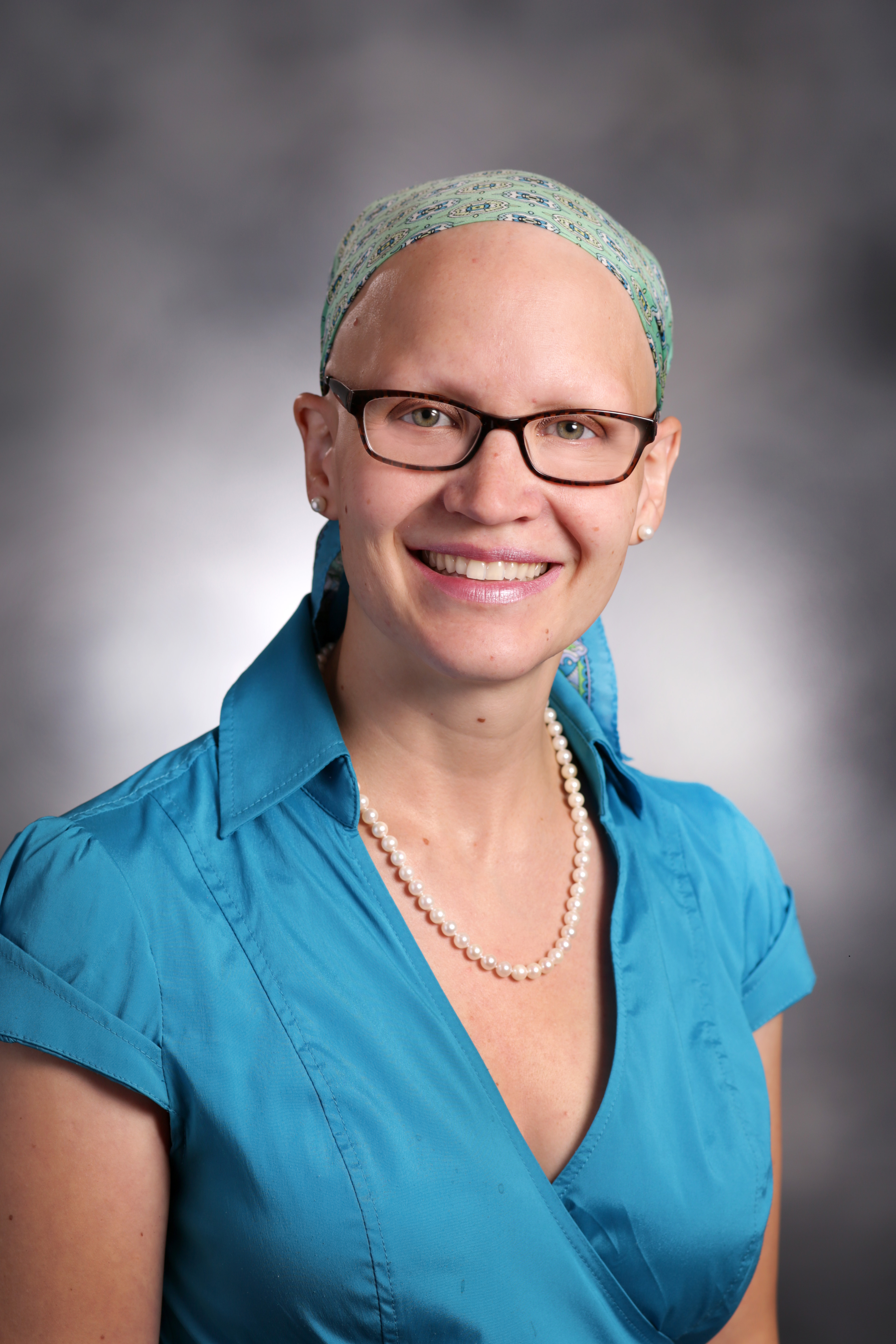Community, Spectrum Health West Michigan
Answering the call to Michigan’s lack of addiction specialists

EAST LANSING, Mich., Feb. 22, 2019 — The number of opioid-related deaths in Michigan have hit an all-time high, requiring the resources of three of the state’s major universities and one of its largest health systems to tackle the problem.
Under a two-year, $1.5 million grant, Michigan State University, the University of Michigan, Wayne State University and Grand Rapids-based Spectrum Health will train more physicians as addiction medicine specialists by creating a more efficient certification process.
Currently, fewer than 200 physicians in Michigan are certified in addiction medicine or addiction psychiatry, and only one of those doctors is practicing in the Upper Penninsula.
“That’s not enough to meet demand,” said Kelly Strutz, an epidemiologist and assistant professor in the MSU College of Human Medicine. “The goal is for us to be able to reach the entire state and train more physicians.”
According to Cara Poland, a Spectrum Health Medical Group physician and certified addiction medicine specialist, most doctors receive fewer than five hours of addiction training in medical school.
“We are in a current opioid epidemic, and by some measures Michigan is in the top 10,” said Poland, who is also an assistant professor at MSU. “We literally don’t have enough doctors equipped to deal with this epidemic.”
Poland and Strutz are leading the program called Michigan CARES, or Collaborative Addiction Resources and Education System, in cooperation with Edward Jouney, clinical instructor and program director for the U of M Addiction Psychiatry Fellowship Program, and Mark Greenwald, a professor who leads Wayne State’s Substance Abuse Research Division.
Certification in a medical specialty is typically achieved through a fellowship program. However, new specialties have a limited timeframe where physicians can gain more experience and fulfill certification requirements without a fellowship. This is known as a practice pathway.
Due to the urgency of Michigan’s problem, Poland and Strutz’s new program will assist physicians in fulfilling the requirements through online courses, clinical experiences and leadership opportunities.
“This epidemic does not discriminate, and Michiganders from all walks of life have been affected in one way or another,” Jouney said. “Michigan is a state of phenomenal resources, and when presented with a challenge, the health care professionals in this state will rise to the occasion.”
In the U.S., opioid misuse was blamed for 49,000 deaths in 2017, prompting the U.S. Centers for Disease Control and Prevention to lower the country’s average life expectancy. Michigan recorded nearly 2,000 opioid-related deaths in 2017, according to the Michigan Department of Health and Human Services.
Opioids include prescription painkillers, heroin, fentanyl and other synthetic drugs.
“Due to recent policy changes that prescribers have followed, deaths related to prescription painkillers have shown a modest decrease,” Greenwald said. “Yet, despite this positive trend, deaths from heroin and synthetic opioids have risen. Cocaine and sedative use along with opioids also complicate the picture. Our training curriculum will be responsive to these changing tides.”
The team is currently recruiting four staff members to help run the program. They also hope to enroll physicians in the coming weeks, and while the motivation centers around opioids, physicians will receive skills to treat other forms of addiction, including to methamphetamines, stimulants and alcohol.
“It’s not just about opioids,” Poland said, whose brother died six years ago due to alcohol use disorder. “It can hit anyone. It doesn’t matter who you are or where you are.”
The grant is supported by the U.S. Substance Abuse and Mental Health Services Administration through the Michigan Department of Health and Human Services opioid response fund.
###
Michigan State University has been working to advance the common good in uncommon ways for more than 160 years. One of the top research universities in the world, MSU focuses its vast resources on creating solutions to some of the world’s most pressing challenges, while providing life-changing opportunities to a diverse and inclusive academic community through more than 200 programs of study in 17 degree-granting colleges.
People are at the heart of everything we do, and the inspiration for our legacy of outstanding outcomes, innovation, strong community partnerships, philanthropy and transparency. Corewell Health is a not-for-profit health system that provides health care and coverage with an exceptional team of 60,000+ dedicated people—including more than 11,500 physicians and advanced practice providers and more than 15,000 nurses providing care and services in 21 hospitals, 300+ outpatient locations and several post-acute facilities—and Priority Health, a provider-sponsored health plan serving more than 1.3 million members. Through experience and collaboration, we are reimagining a better, more equitable model of health and wellness. For more information, visit corewellhealth.org.
Contact:
Ellen Bristol
External Affairs Manager
Office: 616.391.4399
Mobile: 616.581.6474
Email: ellen.bristol@corewellhealth.org

